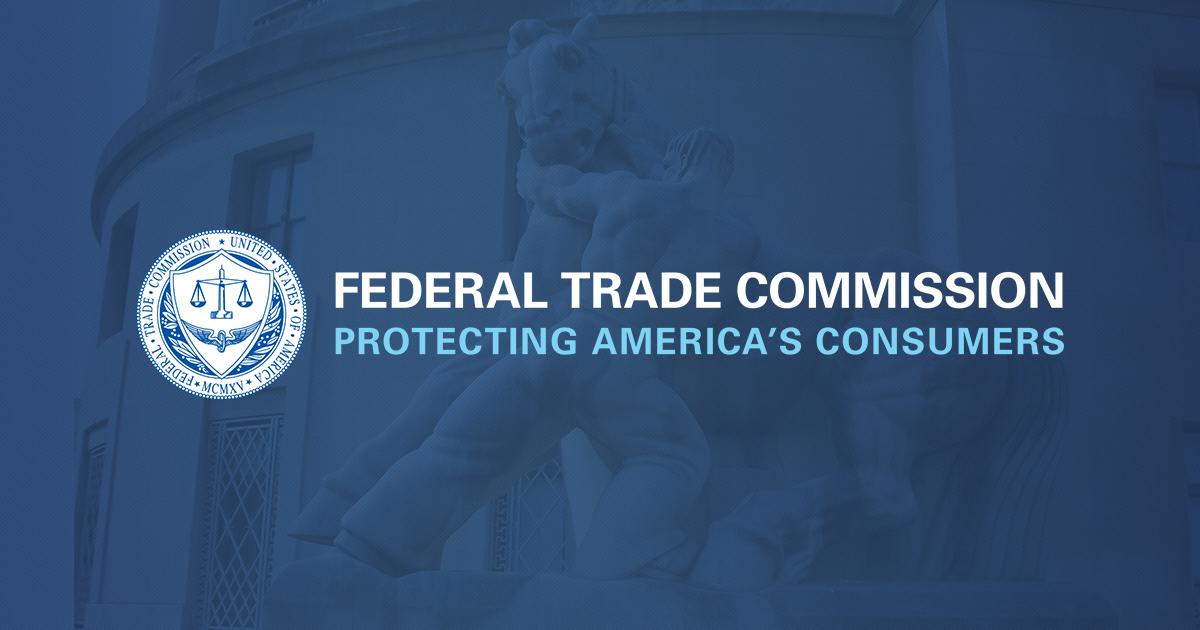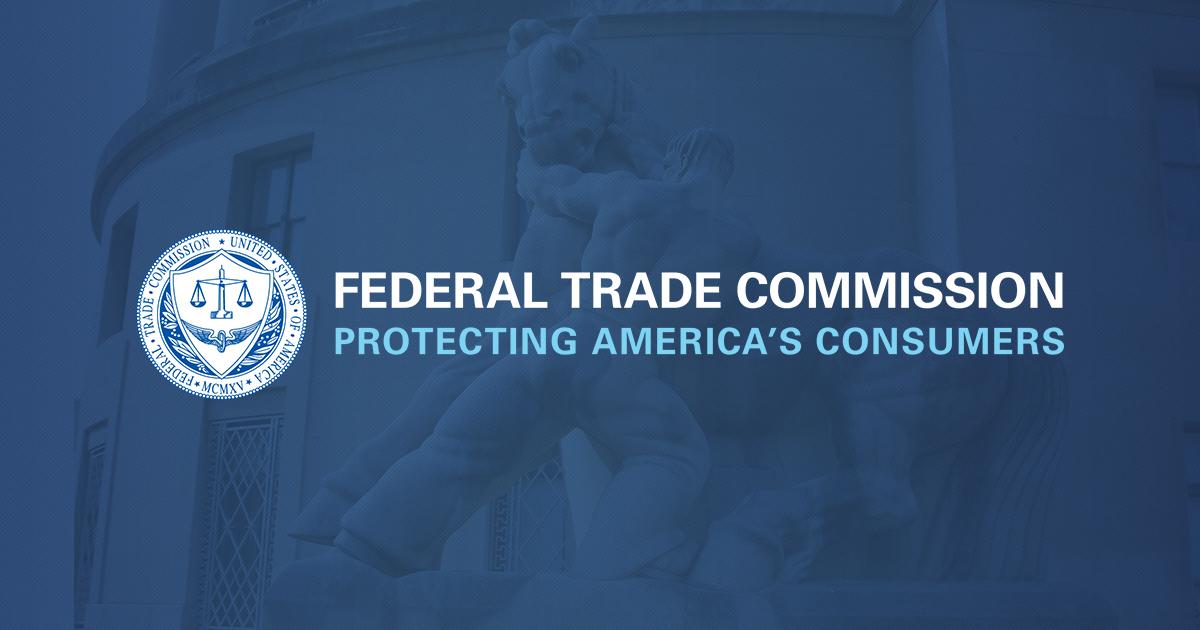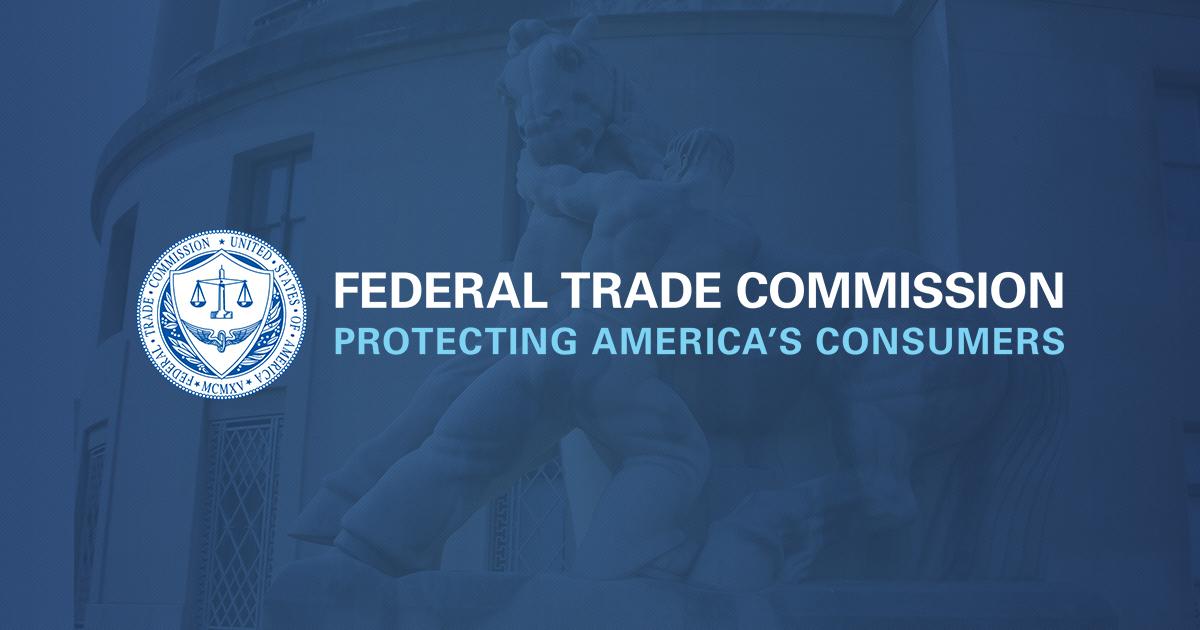In an Initial Decision announced today, the Federal Trade Commission’s Chief Administrative Law Judge (ALJ), D. Michael Chappell, ruled that plastics additive manufacturer ECM Biofilms, Inc. violated the FTC Act by deceptively claiming, and providing others with the means to claim, that plastics treated with ECM additives (ECM Plastics) would completely biodegrade in a landfill within nine months to five years, and that tests proved this claim.
The Order accompanying the Initial Decision would bar ECM from representing that any product or package will completely biodegrade within any time period – or that tests prove such a representation – unless: 1) the representation is true and not misleading, and 2) at the time it is made, ECM possesses and relies upon competent and reliable scientific evidence that substantiates the representation. The Order also would bar ECM and related entities from providing others with the means and instrumentalities to make such deceptive claims.
However, Judge Chappell rejected several other portions of the order proposed by Complaint Counsel. Specifically, he found that while ECM had claimed that ECM Plastics are “biodegradable” – including when disposed of in a “landfill” – Complaint Counsel failed to prove that ECM’s biodegradability claims conveyed the further implied claim that ECM Plastics would “completely break down into elements found in nature in a landfill within one year” (the ‘Implied One Year Claim’).
The judge therefore found that Complaint Counsel were not entitled to an order provision that would require ECM to possess substantiation — establishing that a given item “will completely decompose into elements found in nature within one year after customary disposal” – before making unqualified biodegradability claims about the item.
According to the 2013 administrative complaint, ECM, which markets additives under the trade name MasterBatch Pellets, claims that its additives can make plastic products biodegradable. The complaint states that ECM advertises its additives on its website and through marketing materials, such as fliers and brochures that are available to distributors and manufacturers that incorporate ECM additives into their products. The complaint also states that ECM issues its own “Certificates of Biodegradability of Plastic Products,” which it allegedly uses to convince its customers that its additives make plastic products biodegradable.
The complaint charges that ECM’s coated plastics do not biodegrade within a reasonably short period of time after disposal in a landfill, and that ECM had no substantiation to support its claims that its additives make plastic products biodegradable.
In issuing his Initial Decision, Judge Chappell found that:
- Complaint Counsel have proven: 1) that ECM claimed that ECM Plastics would completely biodegrade in a landfill in a time period ranging from nine months to five years, and that tests proved such claims; and 2) that these claims were deceptive, in violation of Section 5 of the FTC Act.
- Complaint Counsel have proven that ECM provided the means and instrumentalities for deceptive marketing claims to be conveyed to others in the ECM supply chain.
Among other things, however, Judge Chappell also found that:
- Complaint Counsel failed to prove that ECM’s claims that ECM Plastics are “biodegradable” conveyed the implied claim that ECM Plastics will completely biodegrade into elements found in nature, in a landfill, within one year; and
- The tests upon which ECM relies constitute competent and reliable evidence demonstrating that ECM Plastics are biodegradable, including in a landfill, and Complaint Counsel have not met their burden of proving that these claims are false or unsubstantiated.
Based on these findings, the Order accompanying the ALJ’s ruling states that ECM and its officers, agents, representatives, and employees, in connection with the manufacturing, labeling, advertising, promotion, offering for sale, sale, or distribution of any product, package, or service, “shall not represent, in any manner . . . that any product or package will completely biodegrade within any time period, or that tests prove such claims,” unless any such representation is true and not misleading, and at the time it is made, ECM “possesses and relies upon competent and reliable scientific evidence that substantiates the representation.”
The Order also states that ECM and the associated entities listed above shall not provide others with the means and instrumentalities with which to make any false, unsubstantiated, or otherwise misleading representation – including through the use of endorsements or trade names – that any product or package will completely biodegrade within any particular time period, or that tests prove this representation.
The Order also contains compliance and reporting provisions and states that it will expire in 20 years, with certain exceptions.
The Appeals Process. The Judge’s Initial Decision is subject to review by the full Federal Trade Commission on its own motion, or at the request of any party. The Initial Decision will become the final decision of the Commission 30 days after it is served upon the parties, unless a party files a timely notice of appeal or the Commission places the case on its own docket for review.
The Federal Trade Commission works for consumers to prevent fraudulent, deceptive, and unfair business practices and to provide information to help spot, stop, and avoid them. To file a complaint in English or Spanish, visit the FTC’s online Complaint Assistant or call 1-877-FTC-HELP (1-877-382-4357). The FTC enters complaints into Consumer Sentinel, a secure, online database available to more than 2,000 civil and criminal law enforcement agencies in the U.S. and abroad. The FTC’s website provides free information on a variety of consumer topics. Like the FTC on Facebook, follow us on Twitter, and subscribe to press releases for the latest FTC news and resources.



